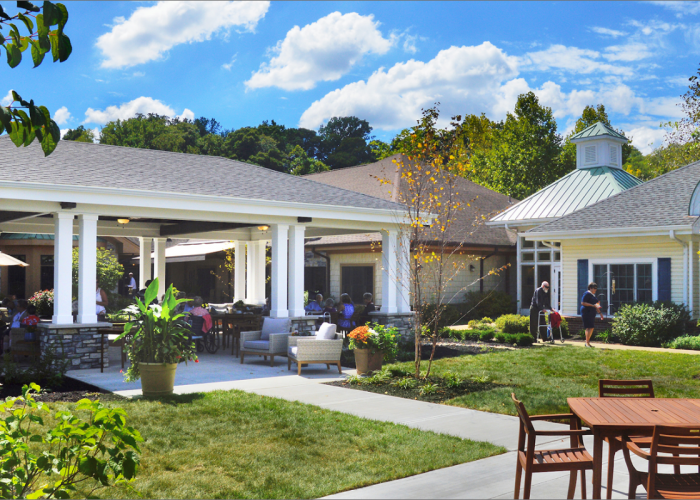Skilled Nursing
What is a Skilled Nursing?

Skilled nursing, often called nursing homes or rehabilitation centers, cater to residents with serious health issues. They usually look more like a hospital or clinic and consist of shared bedrooms and bathrooms, compared to assisted living communities in which residents may have private apartments or suites.
Skilled nursing facilities offer both long-term skilled nursing care and short-term skilled nursing and rehabilitation services. They provide complex medical care using the services of licensed nurses and therapists (physical, occupational, nutritional and speech). Skilled nursing services are often utilized by individuals requiring short-term medical support after an injury, surgery or illness-related hospital stay. Skilled nursing facilities generally have 24-hour licensed care staffing.
Nursing homes provide a high level of medical care that can include:
- Wound care
- Intravenous therapy
- Physical, occupational or speech therapy
- Nutrition therapy
- Pain management
- Specialty care for recovery from stroke, heart attack or transplant
Paying for Nursing Homes
Reimbursement for nursing home patients and residents depends largely on length of stay. Different funding sources kick in at different intervals. Short-term rehabilitation stays are often covered by Medicare and/or private insurance, including long-term care insurance. (Certain criteria in terms of length of hospital stay and care requirements while in the nursing home have to be met to receive Medicare payments and it is worthwhile to discuss these with a discharge coordinator at the hospital.) For long-term care residents, private funds, Medicaid, and long-term care insurance are the typical methods of payment.





